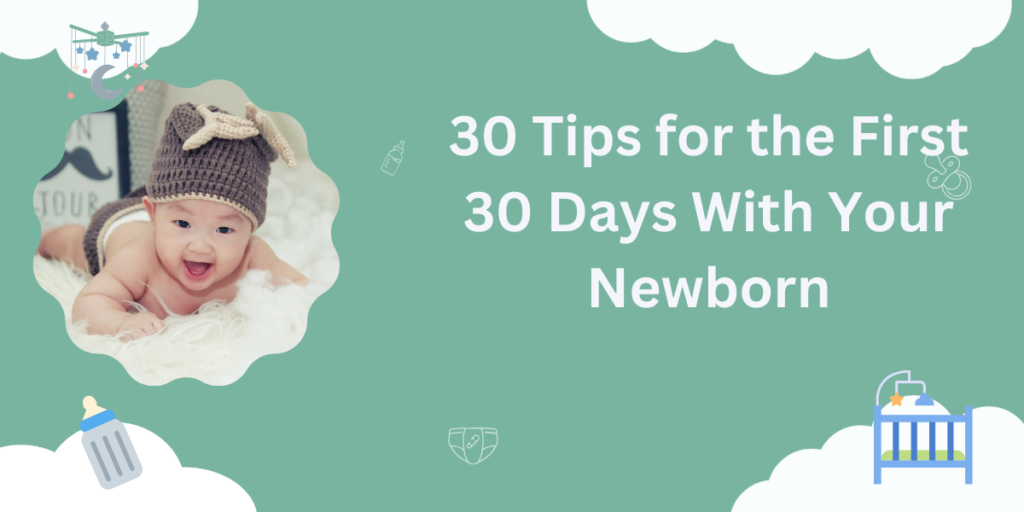A Month By Month Guide to Your Baby’s First Words
A Month By Month Guide to Your Baby’s First Words
Table of Contents

Month-By-Month Guide to Your Baby’s First Words
Welcoming a new baby into your life is one of the most exciting adventures you’ll embark onA Month By Month Guide to Your Baby’s First Words. As parents, you often find yourself eagerly awaiting the moment your little one speaks their first words. At Hamara Baby, we understand that this milestone is not just about the words themselves but the joy and connection that come with them. This month-by-month guide is designed to help you nurture your baby’s speech development, offering insights, tips, and fun activities to encourage their verbal skills.A Month By Month Guide to Your Baby’s First Words
Understanding Language Development in Babies
Language development is a gradual process that typically begins even before your baby says their first wordA Month By Month Guide to Your Baby’s First Words. From cooing and babbling to forming simple sentences, each phase is crucial in their journey toward communication. Babies often start by mimicking sounds, and their comprehension of language grows rapidly during their first year.A Month By Month Guide to Your Baby’s First Words
Key Stages of Language Development
- Cooing (2-4 months): At this stage, your baby will start making cooing sounds, which are soft and melodic. Encourage this by responding to their coos and engaging in “conversation.”
- Babbling (4-6 months): As your baby experiments with sounds, you might hear repetitive consonant-vowel combinations like “ba-ba” or “da-da.” This is a sign that they are learning the rhythm of speech.
- First Words (10-14 months): This is the exciting phase when your baby may say their first recognizable words, such as “mama” or “dada.” Celebrate these milestones!
- Expanding Vocabulary (14-24 months): After the first words, expect rapid growth in vocabulary. Your child will begin to understand and say more words, even starting to combine two words.A Month By Month Guide to Your Baby’s First Words
Month-By-Month Breakdown
Month 1: The Foundation of Communication
A Month By Month Guide to Your Baby’s First Words
In the first month, your baby communicates primarily through crying. However, they also respond to voices. Talk to your baby often, and hold them close to encourage bonding and emotional security.
Tip: Sing nursery rhymes and play soft music. These sounds will stimulate your baby’s auditory senses.
Month 2: Cooing Begins
At this stage, you’ll notice your baby making cooing sounds. They may also start to mimic your facial expressions. Engage with them by maintaining eye contact and responding to their sounds.
Tip: Use a variety of tones and expressions when speaking to your baby. This variety can enhance their listening skills.
A Month By Month Guide to Your Baby’s First Words
A Month By Month Guide to Your Baby’s First Words
Month 3: The Magic of Interaction
Your baby’s cooing becomes more pronounced. They begin to enjoy games like peek-a-boo. This interaction helps them understand social cues and the rhythm of conversation.
Tip: Encourage them to mimic sounds. You can make a game out of repeating their coos back to them.
Month 4: Babbling Starts
Your baby will likely start to babble by now. This is an exciting time! Respond to their babbling as if you are having a conversation, which encourages further vocalization.
Tip: Introduce simple toys that make sounds. These can help them understand cause and effect.
Month 5: Sound Exploration
During this month, your baby may experiment with different sounds and pitches. They may begin to use their voice to express different emotions.
Tip: Read to your baby daily. Use animated expressions and varying tones to keep them engaged.
Month 6: Recognizing Names
A Month By Month Guide to Your Baby’s First Words
By six months, your baby may start to recognize their name and the names of family members. This recognition is an essential step toward their first words.
Tip: Use their name often when speaking to them, reinforcing their identity and connection to you.

A Month By Month Guide to Your Baby’s First Words
Month 7: Imitation
Babies at this stage love to imitate sounds and actions. They might mimic animal sounds or even your laughter!
Tip: Encourage imitation by making funny sounds or faces. This can create a fun, interactive experience.
Month 8: Building Vocabulary
Around this time, your baby may start understanding simple words like “no” or “bye-bye.” They might even respond to commands like “come here.”
Tip: Use consistent language for routine actions. For example, say “bath time” every time you give them a bath.
Month 9: First Words on the Horizon
As your baby approaches their first birthday, they may say their first recognizable word. This could be “mama,” “dada,” or a favorite toy name.
Tip: Celebrate their attempts at speaking! Encourage them to repeat words by pointing to objects and naming them.
Month 10: Expanding Communication
Your baby is likely becoming more verbal. They might combine sounds and attempt to say two words together, like “more juice.”
Tip: Play naming games with toys and objects around the house. This can enhance their vocabulary.
Month 11: Word Combinations
At this stage, your baby may begin to combine two words. Encourage this by asking questions and prompting responses.
Tip: Engage in simple conversations. Ask them about their day and encourage them to respond.
Month 12: The First Birthday and First Words
By their first birthday, many babies will have said their first meaningful words. Encourage this development by celebrating every verbal attempt.
Tip: Use clear, simple words when talking to your baby. Repetition is key!
A Month By Month Guide to Your Baby’s First Words
Activities to Encourage Speech Development
1. Reading Together
Reading is one of the most beneficial activities for language development. Choose board books with colorful pictures and simple text. Make reading interactive by asking questions about the images.
2. Singing Songs
Singing nursery rhymes or lullabies can enhance language skills. The rhythm and repetition of songs help babies remember words.
3. Talking Throughout the Day
Talk to your baby about what you are doing. Describe activities in simple terms. For example, “Now we’re going to change your diaper” helps them connect words with actions.
4. Playtime Conversations
Use playtime to encourage speech. When playing with toys, name each item. This helps them associate words with objects.
5. Encouraging Imitation
Encourage your baby to imitate your sounds. Make it a fun game by making animal sounds and asking them to repeat after you.
6. Using Gestures
Use gestures to accompany words. For example, wave when saying “bye-bye.” This reinforces their understanding of language through visual cues.
A Month By Month Guide to Your Baby’s First Words

FAQs
1. When will my baby say their first word?
Most babies say their first word between 10 and 14 months. However, every child develops at their own pace.
2. How can I encourage my baby to talk?
Engage in regular conversations, read together, and sing songs. Create an interactive environment that promotes speech.
3. What are some signs my baby is ready to talk?
Look for signs such as cooing, babbling, imitating sounds, and responding to their name.
4. Should I be concerned if my baby isn’t talking by one year?
If your baby hasn’t started saying words by 14 months, consider consulting a pediatrician for guidance.
5. How important is talking to my baby?
Talking to your baby is crucial for language development. It helps them learn sounds, words, and the rhythm of conversation.
6. Can my baby understand words before they can speak?
Yes! Babies often understand more words than they can say. They may respond to familiar words with actions.
7. What if my baby is not interested in talking?
Every baby is unique. Continue to engage them with interactive activities. If concerns persist, consult a professional.



